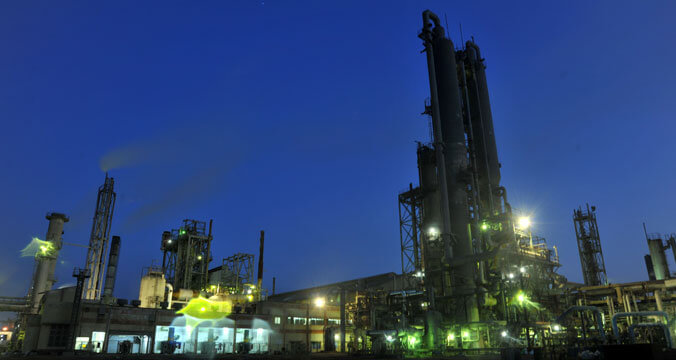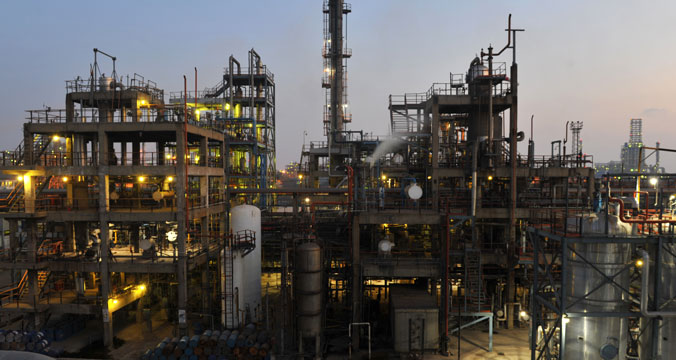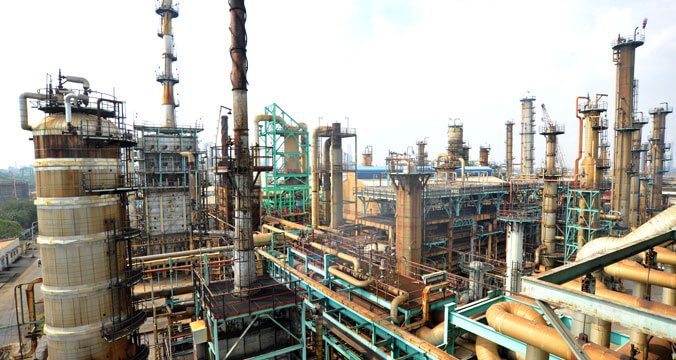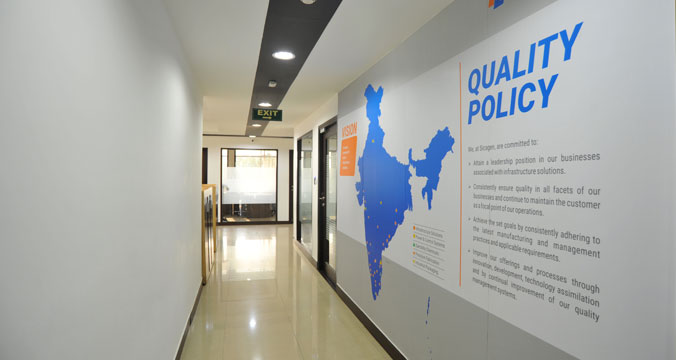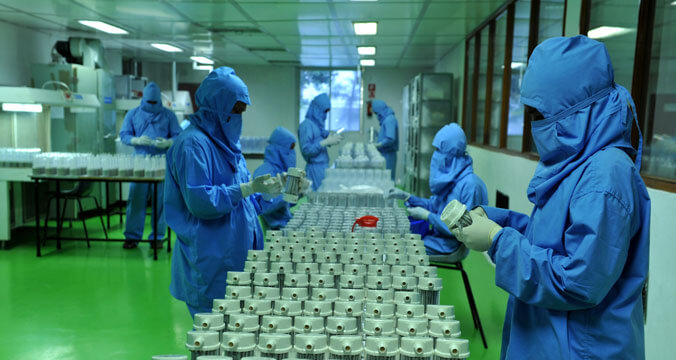
How agility helped MPL respond to COVID-19
Manali Petrochemicals Ltd. (MPL), a leading chemical manufacturing company, and a part of AM International, Singapore, develops innovative products used in various industries. Some of its product applications include appliances, automotive, bedding, food & fragrances, furniture, footwear, paints and coatings, and pharmaceuticals.
When the ISO 9001 and ISO 14001 certified firm was faced with the COVID-19 crisis, the company’s concerns centred on two areas:
- Keeping employees safe
- Ensuring critical services for customers continue
Addressing operational snags
MPL faced operational issues and snags in storage management. Employees could not go to work and there was a sudden stoppage of operations initially. This led to disruptions in the fulfilment of customer orders and excess stock of raw materials and finished goods.
The uncertainty of this crisis and the geographical extent of the problem meant that we could not follow a disaster management template. It demanded a unique solution, tailored to the specific hurdles being faced by the Company.
The production schedule was thrown off-gear in the initial days of the pandemic. The company quickly devised a resumption plan, implemented it, and fine-tuned it along the way. If MPL had waited to execute the program after perfecting it, it would have been too late and less effective. As a manufacturer of essential goods, the company first sought permission to continue its operations. While that process was on, the shift rotation schedule and communication plans were drawn up. When the company was permitted to restart operations, the production plan was already in place and ready to be actioned.
How MPL mitigated the impact of the pandemic
The company had experienced disruption in operations in the past due to natural disasters. Thus, the requirement of a quick transition to a remote mode of work was not a new phenomenon. MPL deployed business collaboration technologies and invested in infrastructure to enable efficient remote working for the support staff and management team. The IT team worked to provide system stability, network reliability, and data security to ensure smooth operations. Employees adapted to the virtual work environment smoothly, and customers were highly satisfied with their virtual interactions with MPL.
Anis Tyebali Hyderi, Chief Financial Officer, MPL recalls,
Realizing the growing spread of the disease, employees were anxious about work, remuneration, and safety. As a company, we focused on virtual collaboration and continuity to handle the crisis and maintain stability.”
Tweaking its inventory strategy
The upheaval of the production schedule had resulted in the excess stock of raw materials, consumables, and finished goods. To address this, MPL tweaked its inventory strategy in different ways:
- Establishing a clear line of communication with suppliers to understand supply risks
- Revisiting cash flows to manage the purchase of stocks
- Setting up new contracts with alternate suppliers for critical goods.
Karthikeyan M, Whole-time Director – Operations, MPL says,
Communication lines with suppliers have given us access to real-time and better-quality supply data. In the future, we’re looking to capitalize on this and optimize supply chain efficiencies.”
The redistribution of useful inventory reduced supply chain pressures.
Unexpected situations such as delays in payments and non-receipt of dues from customers on account of their businesses being shut during the lockdown, led the company to rethink its accounts receivable collection processes. The company undertook the following steps:
- Renegotiation of short-term (to address pandemic related needs) and long-term payment terms
- Streamlining the accounts receivable process; and
- Realignment of the collections’ operations based upon the availability of staff.
Leveraging COVID-19 learnings for long-term risk management
The experience of navigating the crisis has resulted in learnings that will help in improving operations in the long run. The key learnings are as below:
- Focusing on the overall well-being of employees and implementing techniques to motivate and engage employees. MPL is now acquiring and managing new data and tools, taking into account the health and safety of its employees.
- Leveraging data and IT solutions for better insights and decision making. MPL is investing in Business Intelligence (BI) tools that can get inventory status in suppliers’ locations and help in making effective use of the production planning data. These tools will help analyse, predict, and solve supply imbalances and production issues.
- Maintaining a pool of trained, critical employees and operators near the vicinity of the plant who can easily be mobilised.
- Supplier planning to develop a back-up line of potential suppliers in the event the global markets are affected or un-reachable.
- Developing a comprehensive risk and disaster management plan that can manage and monitor various types of risks. The company is instituting a well-rounded risk management team to adopt new tools & technologies and develop a well thought after proactive response strategy for diverse risks.
Essentially, the risk management plan should not focus on specific risks only, but also be flexible to cope with the unexpected.
With these learnings, MPL aims to build resilience to combat future crises, agility for the evolving business environment, and high-performance drive to entail sustainable growth.

